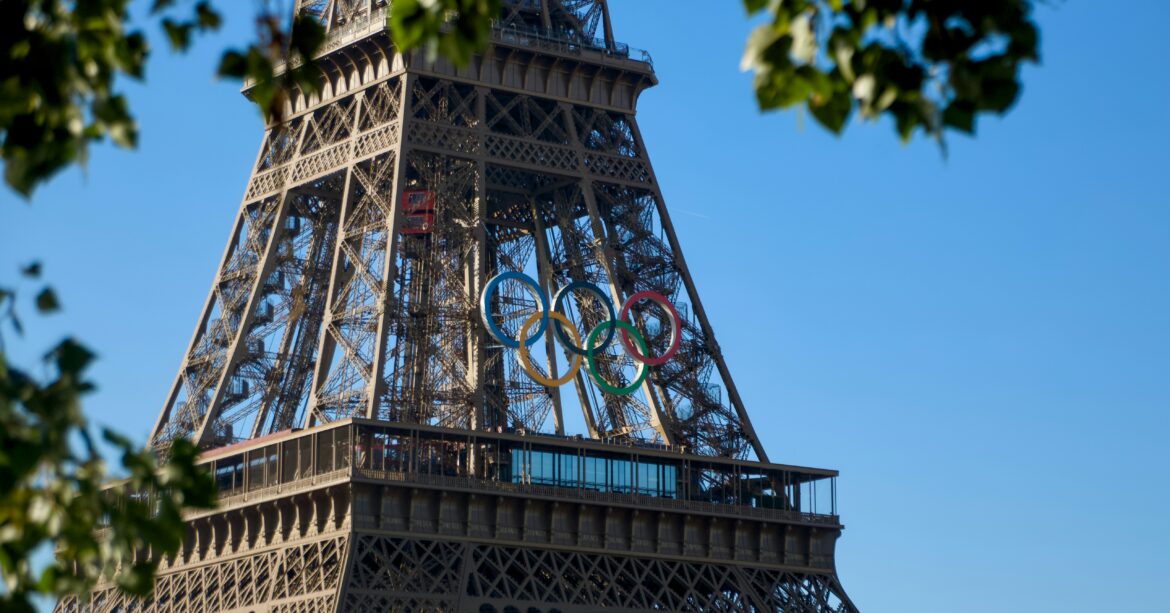How AI Marketing Played a Role in the Paris Olympics
The Paris Olympics were not only a showcase of athletic prowess but also a testament to the transformative power of technology. One of the most significant technological advancements that played a vital role in the event was artificial intelligence (AI). From enhancing the fan experience to optimizing marketing strategies, AI was at the forefront of making the Paris Olympics 2024 a resounding success. Let us explore the various ways AI marketing influenced the Paris Olympics, highlighting its impact on audience engagement, personalization, content creation and overall event management.
Enhancing Audience Engagement
One of the primary goals of any large-scale sporting event is to engage the audience effectively. AI played a pivotal role in this aspect by providing personalized and interactive experiences for fans.
Personalized Fan Experiences at the Paris Olympics
AI-powered platforms analyzed vast amounts of data to understand individual preferences and behaviors of fans. This allowed for the creation of personalized content, such as customized notifications, updates and recommendations. For instance, fans received customized schedules highlighting events they were most interested in, along with real-time updates and exclusive content related to their favorite athletes.
Chatbots and Virtual Assistants
AI-driven chatbots and virtual assistants were deployed to handle a multitude of inquiries from fans. These intelligent systems provided instant responses to questions about event schedules, ticketing, venue directions and more. By offering 24/7 support, these AI tools significantly enhanced the fan experience, ensuring that attendees had all the information they needed at their fingertips.
Optimizing Marketing Strategies for Paris Olympics
AI’s ability to process and analyze large datasets allowed for more effective and efficient marketing strategies. The Paris Olympics utilized AI to maximize the impact of their marketing campaigns.
Predictive Analytics
AI-driven predictive analytics helped marketers anticipate trends and consumer behaviors. By analyzing historical data and current trends, AI algorithms forecasted which marketing messages would resonate most with different audience segments. This enabled the creation of targeted campaigns that reached the right people at the right time, maximizing engagement and conversion rates.
Programmatic Advertising
AI played a vital role in programmatic advertising by automating the buying and placement of ads. AI algorithms analyzed user data to identify the most relevant ad spaces, ensuring that advertisements were seen by the most receptive audiences. This not only increased the efficiency of ad spend but also improved the overall effectiveness of marketing campaigns.
Revamping Content Creation at the Paris Olympics
Content creation is a critical component of any marketing strategy, and AI significantly simplified this process during the Paris Olympics.
Automated Content Generation
AI-powered tools were used to generate a wide variety of content, from social media posts to in-depth articles. These tools analyzed data from the events, including scores, highlights and athlete performances, to create engaging and informative content in real time. This automation allowed for a constant flow of fresh content, keeping fans engaged and informed throughout the Olympics.
Enhanced Video Production
AI also transformed video production by enabling the creation of highlight reels and recap videos almost instantaneously. AI algorithms analyzed live footage to identify key moments and compile them into engaging videos. This not only saved time but also ensured that high-quality content was available to fans shortly after the events concluded.
Improving Event Management at the Paris Olympics
Beyond marketing and content creation, AI also played a significant role in the overall management of the Paris Olympics, contributing to a smoother and more efficient event.
Crowd Management
AI-powered crowd management systems analyzed real-time data from various sources, such as cameras and sensors, to monitor crowd movements and predict potential congestion points. This information was used to optimize crowd flow, ensuring a safe and enjoyable experience for attendees.
Transportation and Logistics at the Paris Olympics
AI algorithms were employed to optimize transportation and logistics, ensuring that athletes, officials and fans could move efficiently between venues. By analyzing traffic patterns and transportation data, AI provided real-time recommendations for the best routes and modes of transport, minimizing delays and enhancing the overall event experience.
The Paris Olympics 2024 were a shining example of how AI can transform large-scale events, especially when it comes to marketing. By enhancing audience engagement, optimizing marketing strategies, revamping content creation and improving event management, AI played a pivotal role in making the event a resounding success. As we look to the future, the integration of AI in event marketing and management is set to become even more sophisticated, promising even greater levels of personalization, efficiency and impact.


